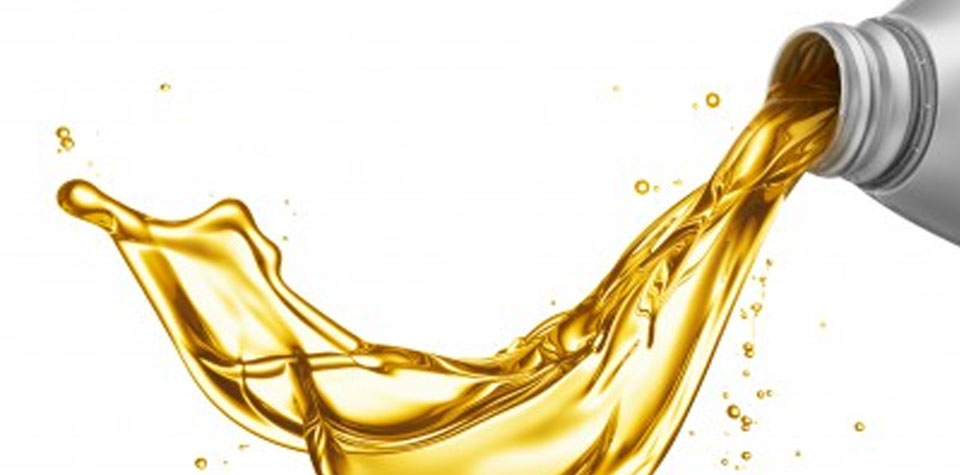Hydraulic oil is a non-compressible fluid that transfers power within the hydraulic equipment and machinery. It can either be synthetic or mineral-based. The hydraulic oil suppliers generally deal in mineral-based oils. It also acts as a coolant, sealant, and lubricant. Thus, it is used largely in hydraulic machines to reduce friction between different parts, enhancing the life of the machine. Hydraulic oil has excellent qualities such as chemical stability, purity, and accurate composition. Due to this, it is highly demanded in the market. The hydraulic oil suppliers provide their customers with clean containers and packaging to avoid leakages during delivery.

Properties and Functions
The basic function of hydraulic oil is to convey power. However, there are many other such as the protection of hydraulic machine parts.
Its Performance Properties
- It releases the air quickly
- Low foaming propensity
- Low compressibility
- It is less volatile
Thermal Performance Properties
- It has good thermal conductivity and capacity
The Sealant Property
- It has adequate viscosity and a viscosity index
- Shear strength and stability
Lubrication Property
- Reasonable viscosity for film maintenance
- Low-temperature fluidity
- Oxidative and thermal stability
- Water-tolerant/hydrolytic stability
- Filterability and purity
- Demulsibility
- Prevents corrosion
Pump Efficiency
- It has adequate viscosity that curbs internal leakage
- Advanced viscosity index
Special Properties
- It is resistant to fire
- It has friction modifiers
- It is resistant to radiation
Impact On Environment
- Its toxicity reduces when it is new or decomposed
- It’s biodegradable
Hydraulic Oil and Its Applications
The basic usage of hydraulic oil is to transfer power. It is used in a number of applications. to name a few:
-
Automotive Lifts:
To induce power, the car lifts or car jacks require hydraulic oil. The machinery used for automotive lifts relies mainly on good quality hydraulic oil for better performance and safety. The viscosity grade is high in such automotive lifts because of higher pressure.
-
Log Splitter:
The cutting mechanism of a log splitter requires hydraulic oil so that the equipment can exert more power which can easily split the log.
-
Aircraft:
The aviation control systems use hydraulic oil. Therefore, the oil should be highly reliable to avoid any mishaps. The hydraulic oil is also used in aircraft jacks, aircraft hangar doors, and aircraft controls
-
Air Tools:
High-pressure hydraulic oil is required for air tools and compressors. It has the property of anti-wear additives for safety and protection.
-
Tractors:
For operating hydraulic breaks and hydraulic systems applied in agricultural machinery and vehicles, hydraulic oil is essential. Using hydraulic oil for such an expensive machinery and vehicle like a tractor that is used in agriculture you will want to buy it from a well-known hydraulic oil supplier.
-
Marine and Cruise Ships:
Hydraulic oil is used in marine vessels and mainly for the stabilizers on a cruise ship. This helps in reducing the number of rolls that could affect the balance of the cruise and can cause sea motion sickness. Hydraulic oil is required for a number of other applications in a marine vessel.
-
Snow Plows:
A snow plow blade requires the use of hydraulic oil for its powerful different-angle movements of tilting, lifting, etc. Anti-freezing additives are mixed with the oil due to the cold weather conditions which might freeze the oil making it useless.
Analysis of Hydraulic oil
This is a very important step a hydraulic oil supplier should undertake before supplying it to any other company for use. A sample of it should be sent to the lab to know whether it is good or needs to be changed. This will ensure the users about the sustainability and longevity of their equipment if they use this oil. If the oil is not of good quality, it may damage the users’ expensive machinery.
It will reduce the cost of replacing the bad quality oil.
It will minimize the wear and tear of your machinery.
It will reduce the possibility of any damage to the product or machinery.
It will also reduce the possibility and risk of injury caused by the people, and moreover the cost of claims and damages involved with it.
